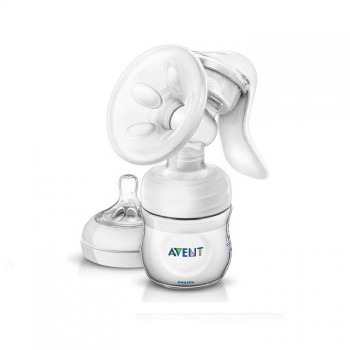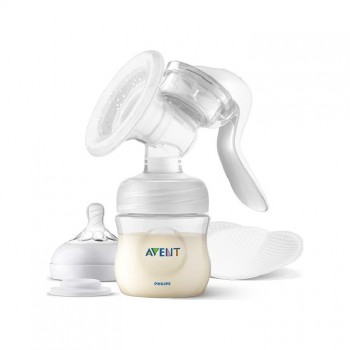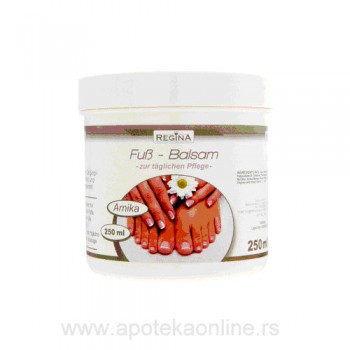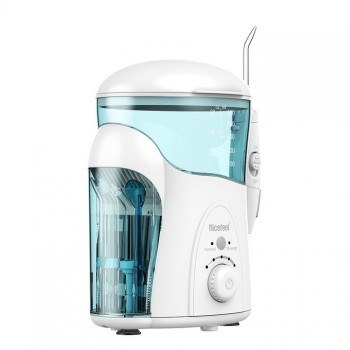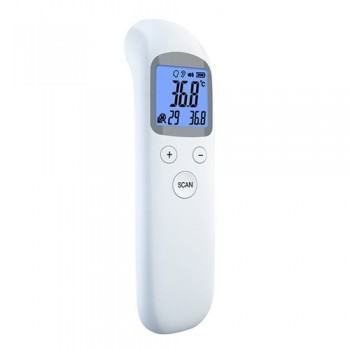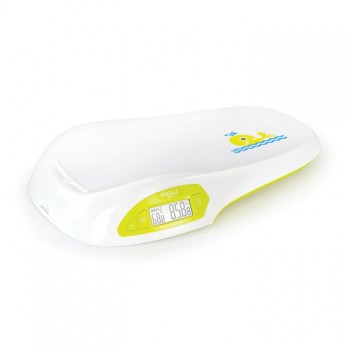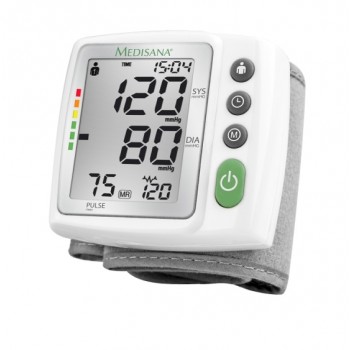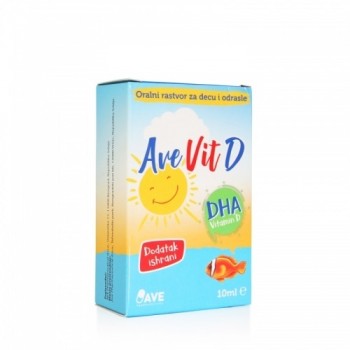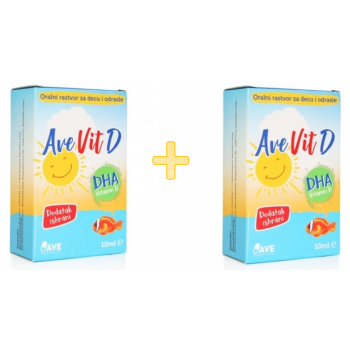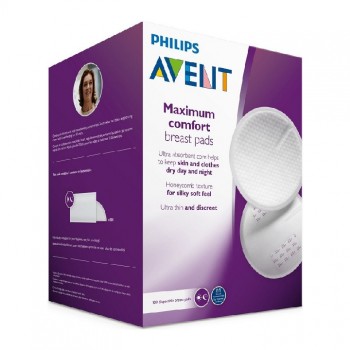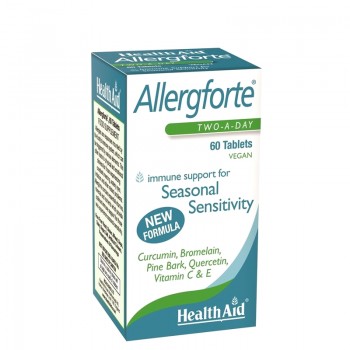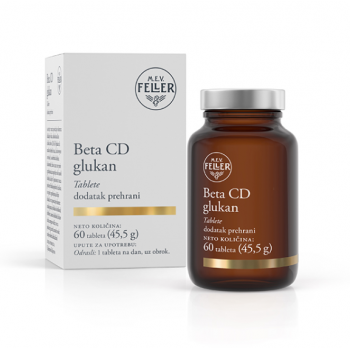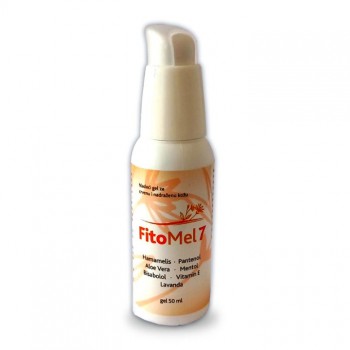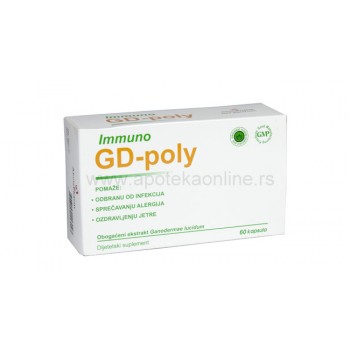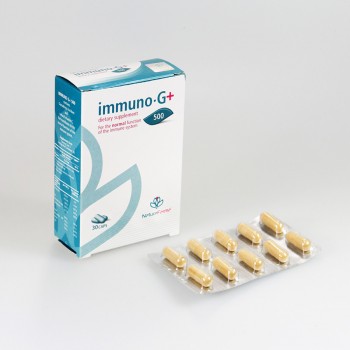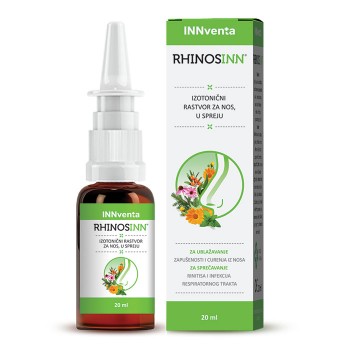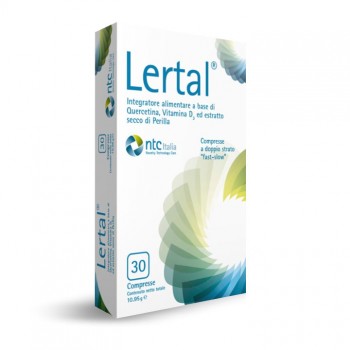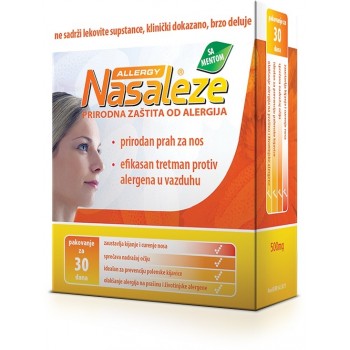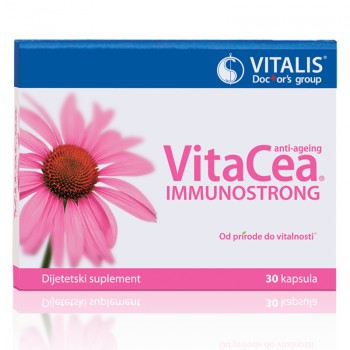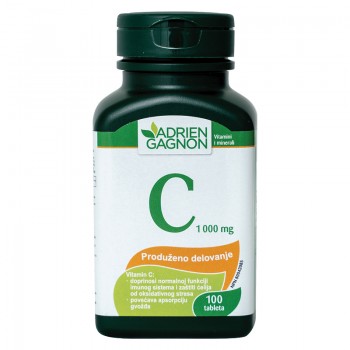Pollen allergy
Does your pollen allergy ruin every walk in the park? You go outside and your nose immediately starts running, you cough and sneeze. Sounds familiar? We have a solution for you! Our specially formulated preparations are a real help in the fight against pollen allergy. Don't just take their word for it - as many as 98% of our users have confirmed their effectiveness and experienced symptom relief. Don't you deserve to enjoy nature without worry? Don't let pollen dictate your day. Try our preparations and breathe life to the fullest.What is a pollen allergy?
Pollen allergy, also known as seasonal allergic rhinitis or hay fever, is the body's immune response to plant pollen. Pollen is the tiny reproductive material that plants release into the air to transfer pollen from a flower to another plant of the same species for fertilization. However, some people are hypersensitive to pollen and their immune system recognizes it as harmful and reacts by creating allergy symptoms.Symptoms of pollen allergies?
Pollen allergy symptoms can include sneezing, runny nose, itchy and stuffy nose, itchy eyes, red eyes, watery eyes, itchy throat, cough and fatigue. These symptoms can be very uncomfortable and interfere with a person's daily activities.Pollen allergy - when does it occur?
Pollen allergy occurs most often during spring and summer when the concentration of pollen in the air is the highest. Different plants release pollen at different times, so symptoms may appear over a period of time, depending on the type of pollen a person is allergic to.What are the different types of pollen allergies?
Some of the most common are tree pollen allergies - birch, oak, grass, weeds, as well as ambrosia pollen allergies. Pollen allergy can occur in adults and children, as well as in babies. It can also occur in different conditions, for example as a pollen allergy during pregnancy.Pollen allergy - treatment
Medicines from the group of antihistamines are used to alleviate the symptoms of allergies, but do not act on the cause, ie. they cannot cure an allergy. Therefore, people who are allergic to pollen, ragweed, and other plants and weeds should avoid areas where these plants grow or try not to be exposed to these allergens during periods when they are in bloom.













